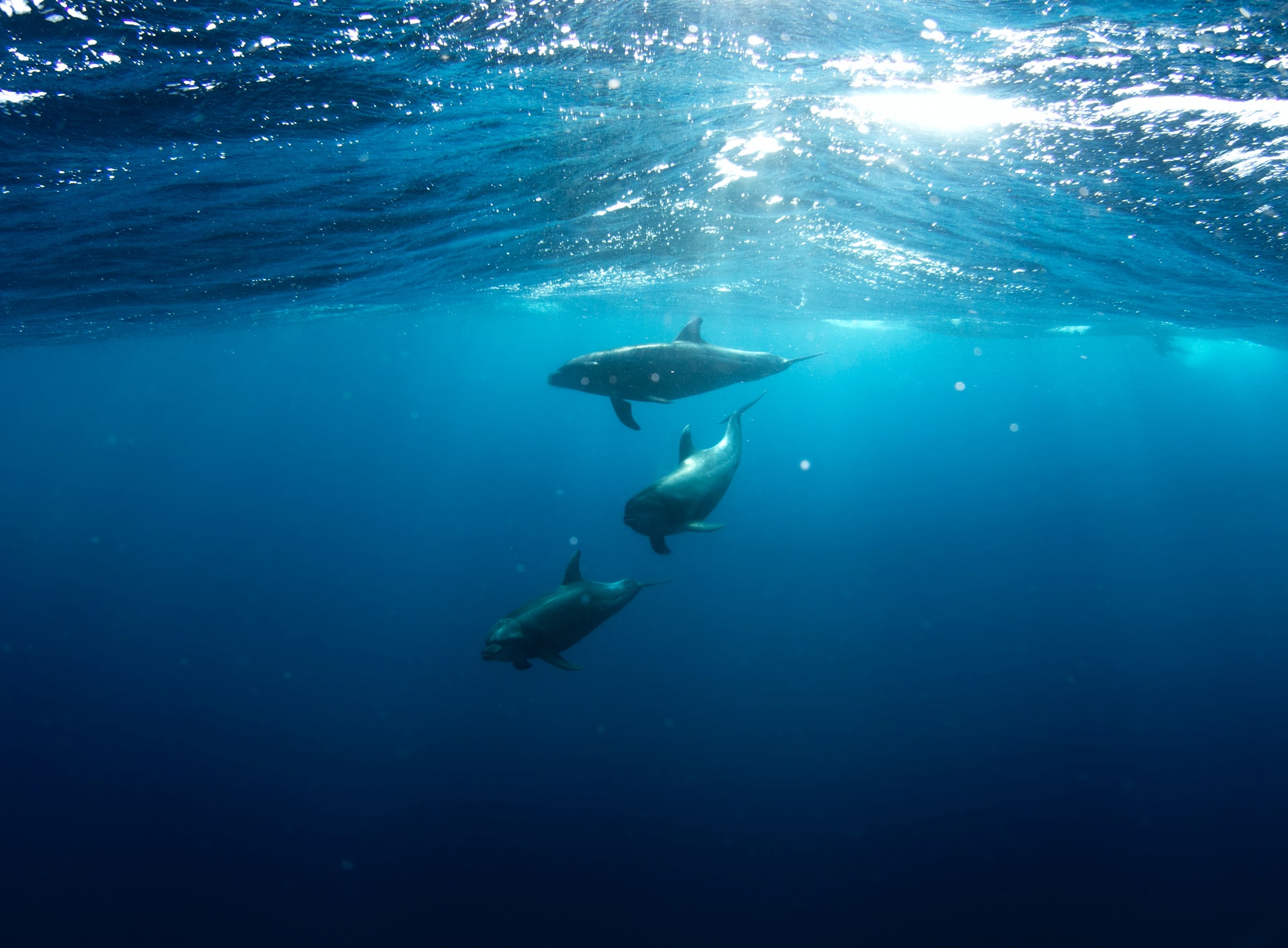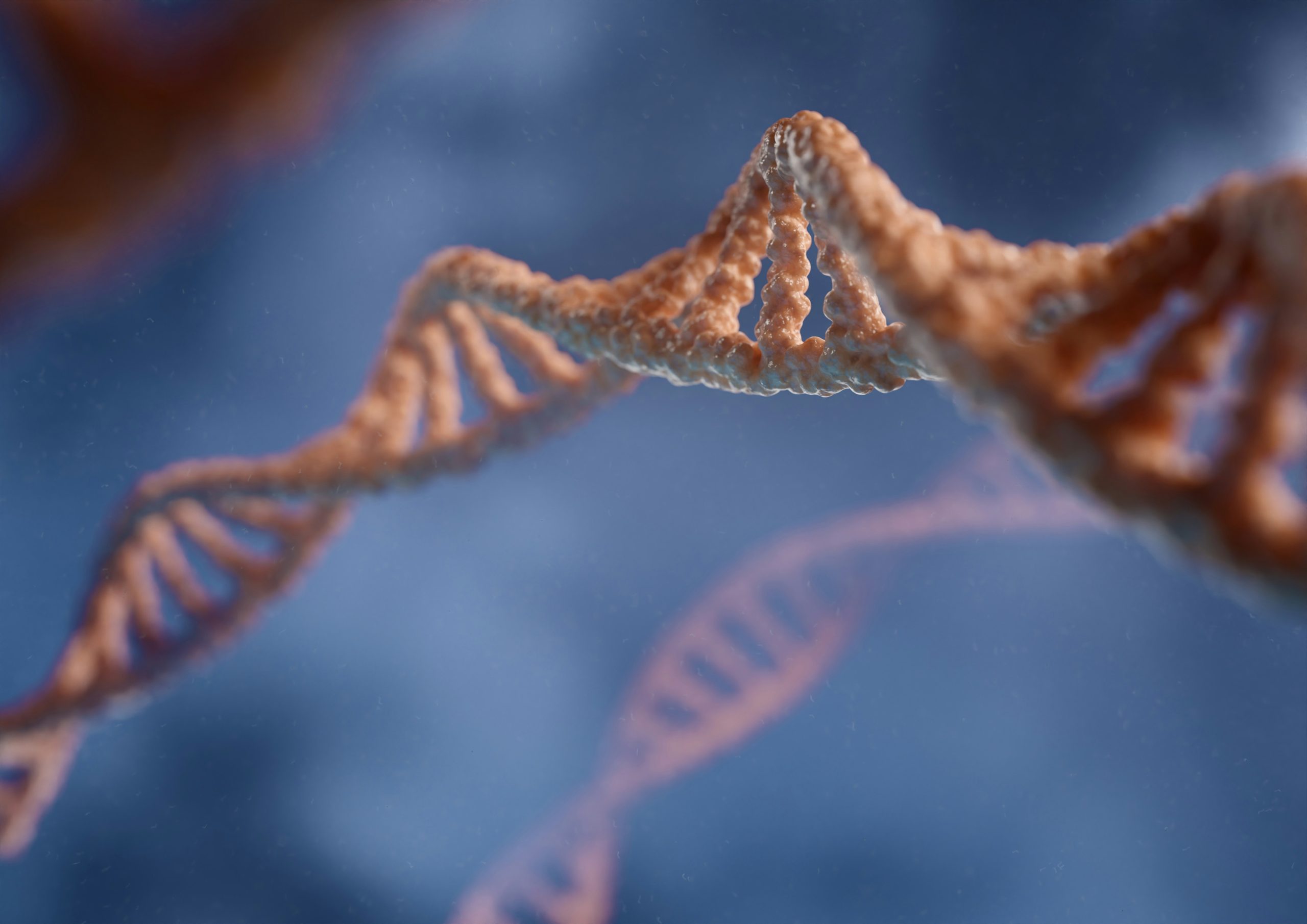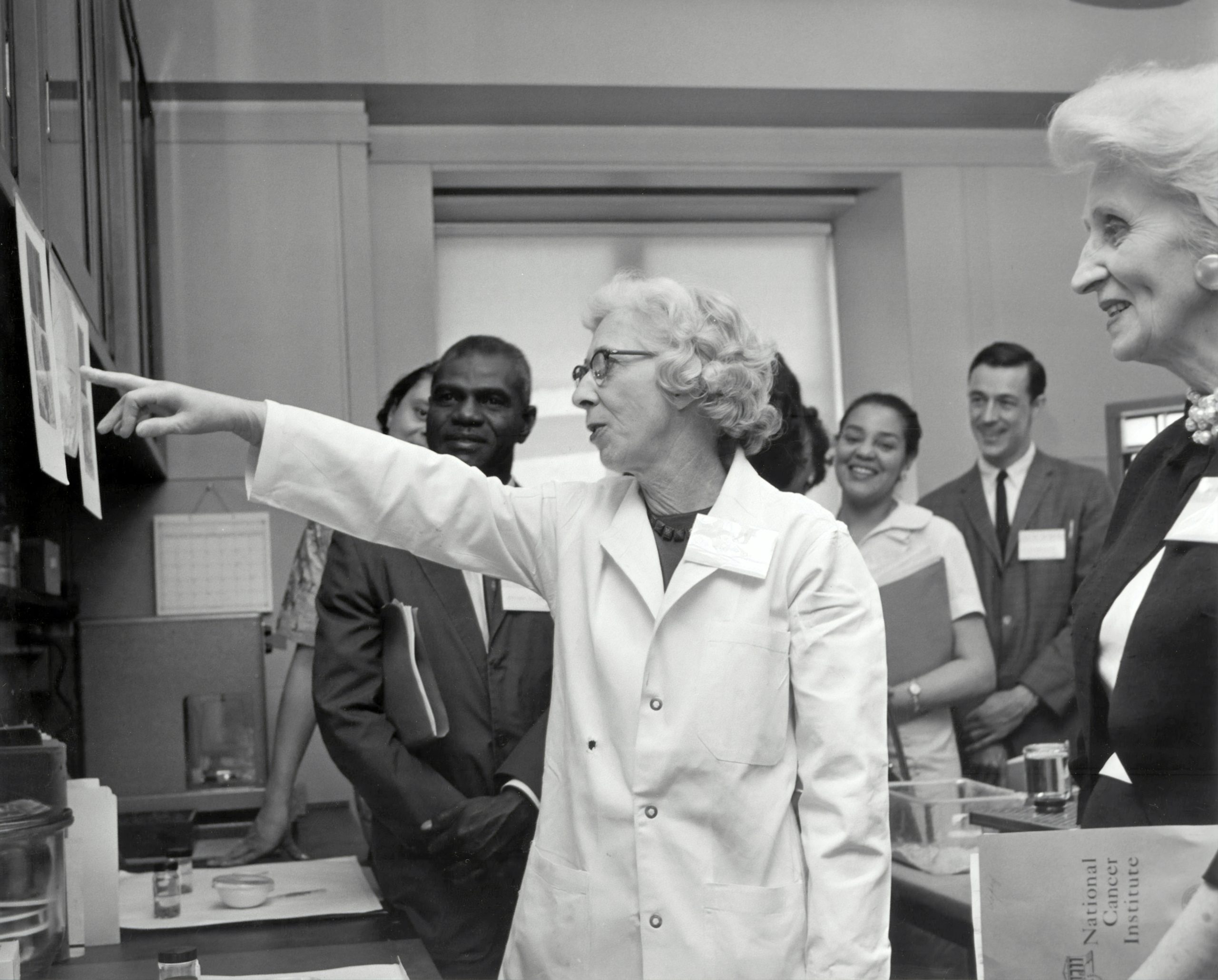By Kalyani Lenton
In recent years, the use of underwater microphones called hydrophones has allowed scientists to listen in on the underwater world in a non-invasive way. Passive acoustic monitoring has already been used in various biological studies, such as documenting the distribution and migration of whales and characterising the responses of fish to environmental changes. So far, these applications have been restricted to a few species and in certain regions. Now, though, researchers are trying to employ this technology on a global scale to monitor all sound-producing marine species.
Hydrophones have made passive acoustic monitoring cheap, simple, and accessible to the public, so it seems feasible that more of our oceans will soon be monitored in this way. However, this will create vast amounts of data that need to be processed. This is where artificial intelligence (AI) will prove invaluable.
How would AI allow us to monitor ocean sounds?
A paper published in February with contributions from 17 scientists from 9 different countries proposed the idea of a Global Library of Underwater Biological Sounds, nicknamed GLUBS. This library would be like the Shazam for ocean acoustics, allowing anyone to record marine sounds and easily identify the species producing it and the behaviour being performed.
The idea behind GLUBS is relatively unique: acoustic data of a single species or marine environment, either from ongoing research or citizen science, would be directly uploaded to a data portal, where it would be sorted and stored in a database using AI detection algorithms.
What use does GLUBS have?
The marine environment is the most expansive habitat on Earth so monitoring it all is a challenge, but GLUBS would make it feasible. Species that in the past have been visually elusive could now be monitored, and older, labour-intensive methods could be replaced with simple acoustic recording that can be done by the public.
Currently, human-driven climate change is massively impacting many species, so tracking how they are being affected is becoming increasingly important. Recording the current soundscape of our oceans would allow us to detect any future changes in species composition in the ocean by analysing the global acoustic profile for signs of absence of a species and characterising this based upon migration, population decline or even complete extinction.
GLUBS has uses not only for tracking species threatened by climate change but also for general research into species’ behaviours. Teaching AI to recognise sounds associated with certain behaviours would mean their timings and characteristics could be uncovered, such as the duration of courtship in species that use audio signals to find mates.
Due to the falling prices of hydrophones, as well as other hand-held technologies (for example, GoPros) becoming more accessible, it is now easier for the public to contribute to a project such as this. The public access to GLUBS may be beneficial in increasing awareness of issues, such as the decline of marine species, and helping to encourage changes to people’s behaviour.
The future of GLUBS
There are still several steps that need to be taken before this library of marine sounds can be produced. Since this will be a global project involving various research groups and the public, funding may not be as easy to come across and will probably need to come from multiple sources. Nevertheless, the wide range of potential applications, including conservation and studying animal behaviour, means that accessing funding should not be too difficult.
GLUBS will also require global collaboration across multidisciplinary groups, including inputs from bio and eco-acousticians, bioinformatics experts, AI experts and web engineers. The initial start-up to the project will likely be slow, and even once it is fully set up, ongoing work, promotion and engagement from the public will be needed to ensure it continues to work and be helpful for research.
If we are to save the biodiversity of our planet and to care for it in years to come, it is necessary to make science publicly accessible, and a global library of underwater biological sounds presents an excellent opportunity to do so.





